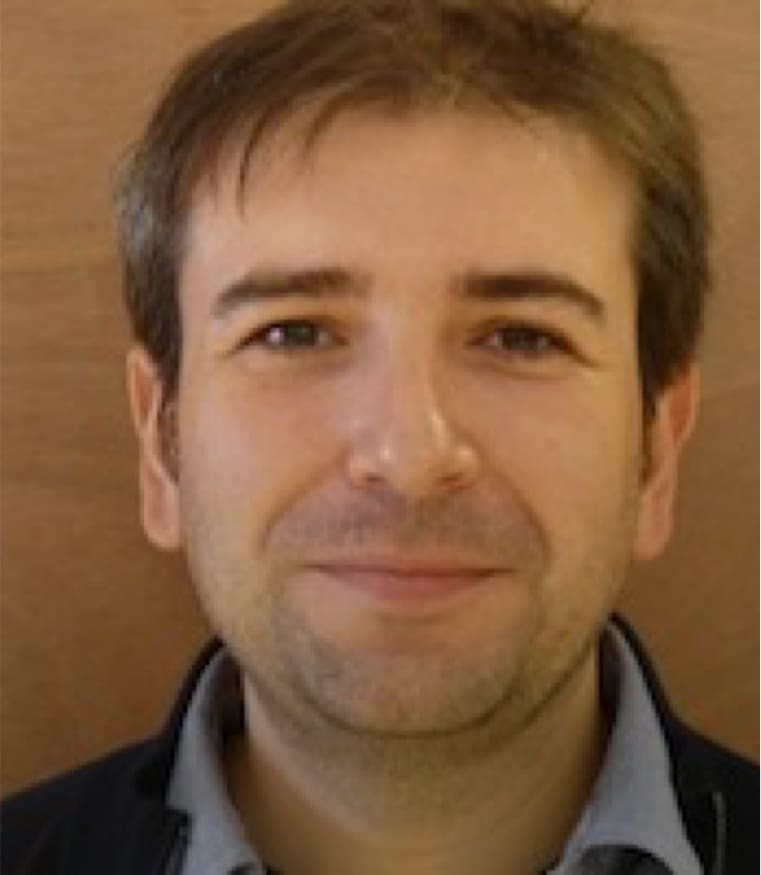Advances in the Electrochemical Catalytic Reduction of CO2 with Metal Complexes
Electrocatalytic CO2 reduction has emerged as a promising strategy to effectively produce fuels and chemicals sustainably. In this regard, the study of electrochemical catalytic reduction of CO2 with metal complexes is a powerful tool for both the development of catalysts that operated under desired conditions (low overpotentials, high catalytic rates and selectivity, and extended durability) and the understanding of basic principles in catalysis. To illustrate the state-of-the-art, in this revision, it is presented a selection of the most recent and remarkable findings reported in terms of key strategies to improve reaction rates, selectivity and mechanism understanding for the leading families of homogeneous catalysts.

Franco, F.; Fernandez, S.; Lloret-Fillol, J.
Curr. Opin. electrochemistry 2019, 15, 109-117
DOI:
10.1016/j.coelec.2019.04.002

Let's create a brighter future
Join our team to work with renowned researchers, tackle groundbreaking
projects and contribute to meaningful scientific advancements



















